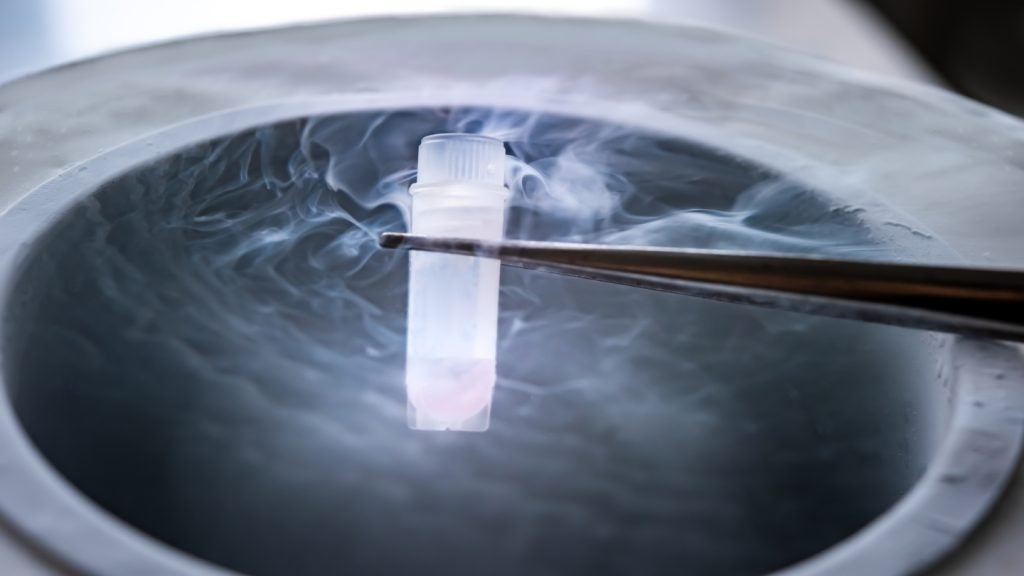
X-rays miss up to 23% of incidences of lung cancer in the UK, according to a review published in the British Journal of General Practice.
The research team reviewed 21 studies to determine the diagnostic accuracy of chest X-rays, the recommended method for investigating symptoms of lung cancer. Databases including MEDLINE, EMBASE and the Cochrane Library were searched and a grey literature search was also performed.
The researchers were able to conclude from these that X-ray sensitivity for detecting lung cancer was between 77% and 80%.
The British National Institute for Health and Care Excellence (NICE) recommends clinicians order an X-ray in the first instance if they suspect a patient has lung cancer, but the study authors suggest computed tomography (CT) scans should be the first port of call.
While X-rays cost around £25 each and are quick to perform, CT scans cost up to £500 and take longer.
The researchers wrote: “[UK] lung cancer outcomes still lag behind other high-income countries, with less patients diagnosed at early stages of the illness.
How well do you really know your competitors?
Access the most comprehensive Company Profiles on the market, powered by GlobalData. Save hours of research. Gain competitive edge.

Thank you!
Your download email will arrive shortly
Not ready to buy yet? Download a free sample
We are confident about the unique quality of our Company Profiles. However, we want you to make the most beneficial decision for your business, so we offer a free sample that you can download by submitting the below form
By GlobalData“There are likely to be many reasons for this, but this research suggests that one factor could be our reliance on chest X-ray, compared to other countries that make more use of tests like computed tomography scans.”
Ancon Medical CEO Baker commented on the results of the study, saying: “For one of the most deadly diseases in the UK to be missed in nearly a quarter of diagnostic tests demonstrates the archaic processes that are currently in place… the NHS needs help to catch lung cancer at stage 1 reliably, whether that be through screening or more accurate diagnosis.”
The researchers noted that almost all of the studies which met the eligibility criteria for the review were of poor quality. Only one study had the diagnostic accuracy of a chest X-ray as its primary research objective, and many were case studies with a high risk of bias. Only three of the studies had a low risk of bias.
Additionally, several of the studies followed non-representative groups of patients with specific presentations and histological subtypes of lung cancer or comorbidities with other illnesses.
The researchers said: “GPs should consider if further investigation is necessary in high-risk patients who have had a negative chest X-ray.”
Lung cancer is the biggest cancer killer in the UK, with less than one in ten patients surviving for five years after diagnosis. These survival rates have made little improvement over the past 40 years.






